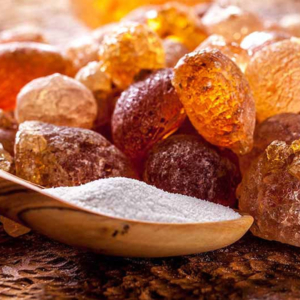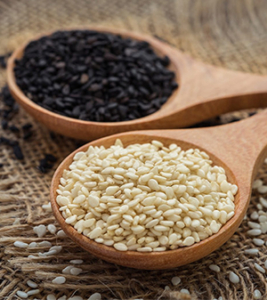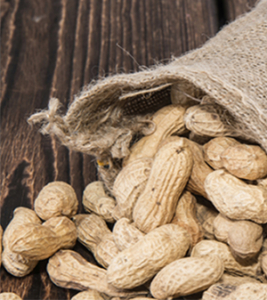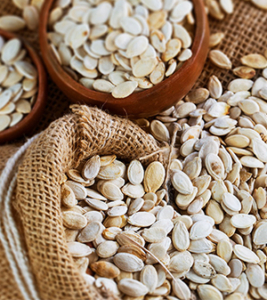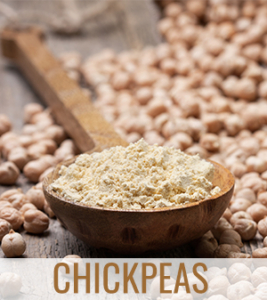Peanuts
The peanut or groundnut (Arachis hypogaea), is a species in the legume or “bean” family. Peanuts are known by many other local names such as earthnuts, ground nuts, goober peas, monkey nuts, pygmy nuts, and pig nuts. Despite its name and appearance, the peanut is not a nut, but rather a legume. Peanuts have all the benefits of a perfect fruit; in fact, they can be considered in the same league as fruits when it comes to contributing to our diet and health.
Groundnuts contain five important nutrients namely food energy, protein, phosphorous, thiamine and niacin. It maintains and repairs body tissues. Peanuts have can be eaten raw, used in recipes, made into solvents and oils, medicines, textile materials, and peanut butter, as well as many other uses. Popular confections made from peanuts include salted peanuts, peanut butter (sandwiches, peanut candy bars, peanut butter cookies, and cups), peanut brittle, and shelled nuts (plain/roasted).
Although India and China are the world’s largest producers of peanuts, they account for a small part of international trade because most of their production is consumed domestically as peanut oil. Exports of peanuts from India and China are equivalent to less than 4% of world trade. The major producers/exporters of peanuts are the United States, Argentina, Sudan, Senegal and Brazil. These five countries account for 71% of total world exports.
Peanuts usage:
– Its oil can be used in several products such as; paint, varnish, lubricating oil, leather dressings, furniture polish, insecticides, and nitroglycerin.
– Soap is made from saponified oil, and many cosmetics contain peanut oil and its derivatives.
– The protein portion is used in the manufacture of some textile fibers.
– Peanut shells are used in the manufacture of plastic, wallboard, abrasives, fuel, cellulose (used in rayon and paper) and mucilage (glue).
– Rudolf Diesel ran some of the first engines that bear his name on peanut oil and it is still seen as a potentially useful fuel



